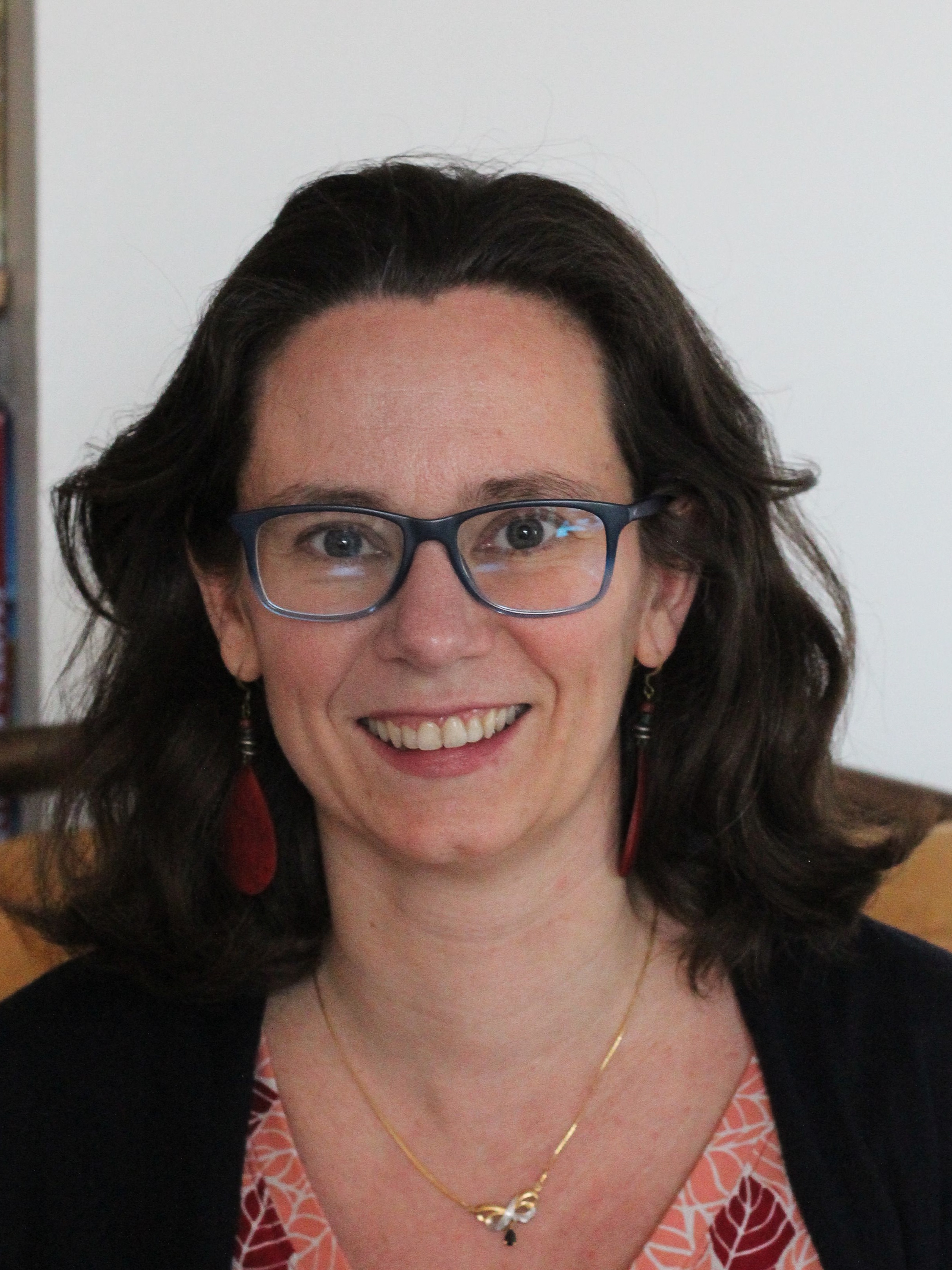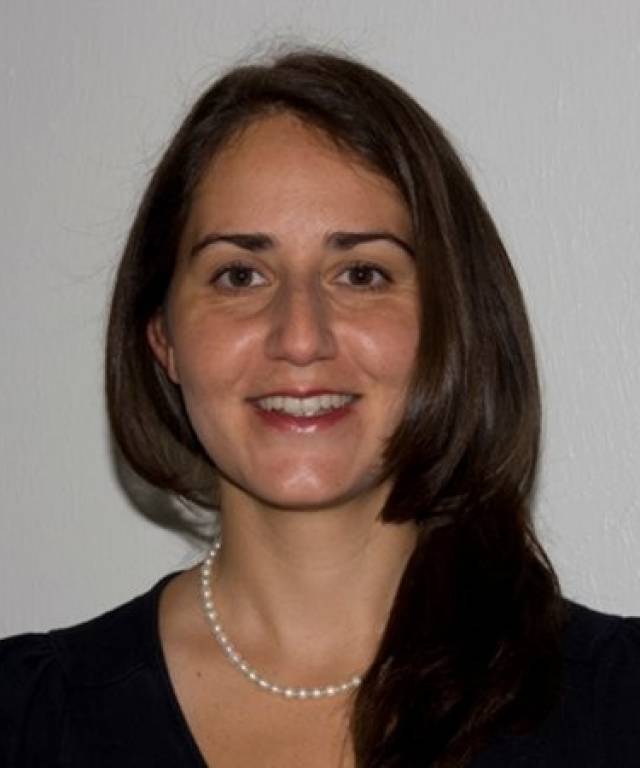Wednesday, June 16th 2021
All times are GMT+1/BST.
| 12:30-14:30 | Tutorial 1: MedCAT/CogStack |
| 14:30-15:00 | Break |
| 15:00-17:00 | Tutorial 2: Exploring Text-derived Patient Phenotype Profiles |
Thursday, June 17th 2021
All times are GMT+1/BST.
The zoom chat from the conference is available here.
| 10:00-10:10 | Welcome
|
| 10:10-10:50 | PhD forum: session 1 |
| 10:50-11:00 | Coffee break |
| 11:00-11:50 | Research presentations: session 1 |
| 11:50-12:00 | Break |
| 12:00-13:00 | Panel: Breaking the deadlock: working towards better access to clinical free text data for research |
| 13:00-13:15 | Open community forum and discussions: session 1 |
| 13:15-14:00 | Lunch |
| 14:00-14:45 | Keynote: Prof Maria Liakata , Queen Mary University, The Alan Turing Institute Opportunities, challenges and progress in longitudinal natural language processing for mental health |
| 14:45-15:00 | Coffee break |
| 15:00-16:00 | Posters and demos: session 1 |
| 16:00-17:00 | Panel: Healthcare Speech Analytics: challenges and opportunities |
| 17:00-18:00 | Virtual reception with prize giving |
Friday, June 18th 2021
All times are GMT+1/BST.
The zoom chat from the conference is available here.
| 10:00-10:15 | Introduction to Day 2 |
| 10:15-11:15 | PhD forum: session 2 |
| 11:15-11:30 | Break |
| 11:30-12:15 | Research presentations: session 2 |
| 12:15-12:30 | Break |
| 12:30-13:00 | Research presentations: session 3 |
| 13:00-13:15 | Open community forum and discussions: session 2 |
| 13:15-14:00 | Lunch |
| 14:00-14:45 | Keynote: Dr Aurélie Névéol, Université Paris-Saclay, CNRS, LIMSI Responsible NLP in the making: contributions from ethics and reproducibility |
| 14:45-15:00 | Break |
| 15:00-16:00 | Posters and demos: session 2 |
| 16:00-17:00 | The 5th Healtex Industry Forum |
| 17:00-17:15 | Final remarks and close |
Keynote speakers
 |
Dr Aurélie Névéol, Université Paris-Saclay & CNRS
Aurélie is a CNRS Researcher at LISN (formerly, LIMSI) working on clinical and biomedical Natural Language Processing. Her research interests include information extraction and knowledge representation in specialized domains. Her research addresses both methods and applications of biomedical text analysis, ranging from explorations of representation models and their cross-language or cross-domain adaptability, to the integration of representation frameworks to extract new medical knowledge from clinical text. |
 |
Prof. Maria Liakata, Queen Mary University & The Alan Turing Institute
Maria Liakata is a Turing AI fellow and Professor in Natural Language Processing (NLP) at the School of Electronic Engineering and Computer Science, Queen Mary University of London and the Department of Computer Science, University of Warwick. At the Turing she founded and co-leads the NLP and data science for mental health special interest groups and supervises PhD students. Maria is in receipt of a five year EPSRC/UKRI Turing AI Fellowship. Her fellowship is on Creating time sensitive sensors from user-generated language and heterogeneous content, and involves developing new methods for NLP and multi-modal data to allow the creation of longitudinal personalized language monitoring. She is also the co-PI of projects on Mobile Sensing of Altered EveryDay Function in Early Alzheimer’s Disease (MEDEA), “Language sensing for dementia monitoring & diagnosis”, “Opinion summarization from social media, PANACEA: An AI-enabled evidence-driven framework for claim veracity assessment during pandemics. She leads a team of 5 postdocs and 7 PhD students. |
Oral presentations
-
- Jaya Chaturvedi, Aurelie Mascio, Sumithra Velupillai and Angus Roberts: Development of a Lexicon for Pain
- Aurelie Mascio, Robert Stewart, Riley Botelle, Marcus Williams, Luwaiza Mirza, Rashmi Patel, Thomas Pollak, Richard Dobson and Angus Roberts: Cognitive impairments in Schizophrenia: a study in a large clinical sample using Natural Language Processing
- Tanjeb Tawhid, Philipp Cimiano and Matthias Hartung: Intensity Prediction over Health-related Quality-of-Life Variables Extracted from Self-reported Patient Narratives
- Luke Slater, Andreas Karwath, Robert Hoehndorf and Georgios Gkoutos: Effects of Negation and Uncertainty Stratification on Text-derived Patient Profile Similarity
- Laurens Rook, Maria Chiara Mazza, Iulia Lefter and Frances Brazier: Towards Personalized Linguistic Anxiety Recognition
- Siyue Song, Tianhua Chen and Grigoris Antoniou: Sentiment classification and feature extraction by using multi-sense word embedding models
- Fahrurrozi Rahman and Juliana Küster Filipe Bowles: Semantic Labelling for Processing Clinical Guidelines
- Malek Djelassi, Li Yan and Aron Lagerberg: Ontology Driven Bootstrapping of Classification Models in Electronic Patient-Authored Text
- Kristof Anetta: Standardizing a Baseline for Mining Health Records in Low-Resourced Languages (A Case Study on Polish)
- Dmitri Roussinov, Andrew Conkie, Andrew Patterson and Christopher Sainsbury: Predicting Clinical Events Based On Raw Text: From Bag of Words to Attention-Based Transformers
Posters
-
- Thursday, June 17th 2021
- Lama Alsudias and Paul Rayson: Detecting COVID-19 Misinformation in Arabic Tweets
- Thomas Searle, Zina Ibrahim and Richard Dobson: The Effectiveness of Online Learning for Validation and Improvement of NER+L Clinical Models
- Tim Liu, Mauricio Barahona, Robert Peach, Emma Lawrance, Ariele Noble and Mark Ungless: DeTECT: Deep Text Embeddings for Mental Health Crises using Transformer Models
- Lumina Wang and Jie Yang: Mining Twitter to investigate symptom characteristics of COVID-19
- Madalina Moise, Megna Jani and Goran Nenadic: Using Twitter to Analyse Opioid Use during the Covid-19 Pandemic
- Zhuoyu Li, Filip Makraduli, Cheng Yeung, Nicholas McQuibban, Casiana Popovici, Shujian Sun, Yan Hu, Thomas Rowlands, Joram Posma and Tim Beck: Auto-CORPus: Automated and Consistent Outputs from Research Publications
- Heather Davies, David Killick, Gina Pinchbeck and P-J Noble: Expanding adverse drug reaction terminology using Word2Vec
- Beata Fonferko-Shadrach, Huw Strafford, Cathy White, Arron Lacey and William Owen Pickrell: Using natural language processing to extract features and results from free text electroencephalography (EEG) reports
- Anna-Grace Linton, Vania Dimitrova, Amy Downing, Richard Wagland and Adam Glaser: Themes in Free Text Comments from Patient Reported Outcomes in the Setting of Chronic Illnesses: Scoping Review
- Hannah Caulfield: Can NLP be applied to Covid 19 data sets for the autonomous summarisation of scientific literature curated by REDASA?
- Friday, June 18th 2021
- Maryam Abdollahyan, Carol Dezateux, Louise Jones and Claude Chelala: Natural Language Processing on Breast Cancer Imaging Reports for Modelling Prognosis of Recurrence
- Minghui Li, Jie Yang, Yanhui Liao and Ling Wang: Public Mental Health Monitoring on Twitter During the COVID-19
- Micheal Abaho, Danushka Bollegala, Paula Williamson and Susanna Dodd: Detecting health outcomes from medical text records (poster)
- Marc Asenjo, Paula Chocron, Álvaro Abella, Flavius Nicu, Alejandro Castrelo and Gabriel de Maeztu: Multilingual transfer learning for medical entity contexts
- Ghada Alfattni, Niels Peek and Goran Nenadic: Integrating Structured and Unstructured Sources for Temporal Representation of Patients’ Medication Histories
- Paula Chocron, Marc Asenjo, Álvaro Abella, Flavius Nicu, Alejandro Castrelo and Gabriel de Maeztu: A Bert-based approach to data augmentation for medical NER
- Ewart J Sheldon, Anthony Shek, Mohammed Al-Agil, Vlad Dinu, Sophie E Maxey, Clodagh H McGuire, Phil Davidson and James TH Teo: Using Bidirectional Encoder Representations from Transformers (BERT) to remove personal data from healthcare records (slides)
- Hang Dong, Victor Suarez-Paniagua, Huayu Zhang, Minhong Wang, Emma Whitfield and Honghan Wu: Free texts vs. ICD codes for rare disease cohort identification: a case study of MIMIC-III discharge summaries
- Ivo Fins, Lucy Bunker, Alan Radford, Alex German and Peter-John Noble: Tackling canine obesity: development of a regular expression-based tool for uncovering overweight and obese canine patients from veterinary clinical narratives – a pilot study
- Thursday, June 17th 2021
Demos
- Thursday, June 17th 2021
- Álvaro Abella, Marc Asenjo, Alejandro Castrelo, Paula Chocron, Flavius Nicu and Gabriel de Maeztu: ixchel: IOMED’s framework to conduct text mining on hospital narratives
- Stuart Gough: LanguageExplorer from TherapyBox
- Friday, June 18th 2021
- Álvaro Samuel Dobbie, Huw Strafford, Owen Pickrell, Beata Fonferko-Shadrach, Carys Jones, Ashley Akbari, Simon Thompson and Arron Lacey: Markup: A Web-based annotation tool powered by Active Learning
PhD forum
- S. Pendleton: The patient voice as a form of clinical narrative: expanding ClinicalBERT with patient forum conversation
- M. Falis: Towards Better Use of Ontological Structure in the Evaluation of Automated ICD Coding
- AG Linton: The Role of Free Text Comments in Adding Value to Patient-Reported Outcome Measures of Cancer Patients
- J. Chaturvedi: Combining empirical and knowledge-based methods for clinical modelling of electronic health record text
- D. Harvey: The Language of Risk-Taking in Bipolar Disorder

